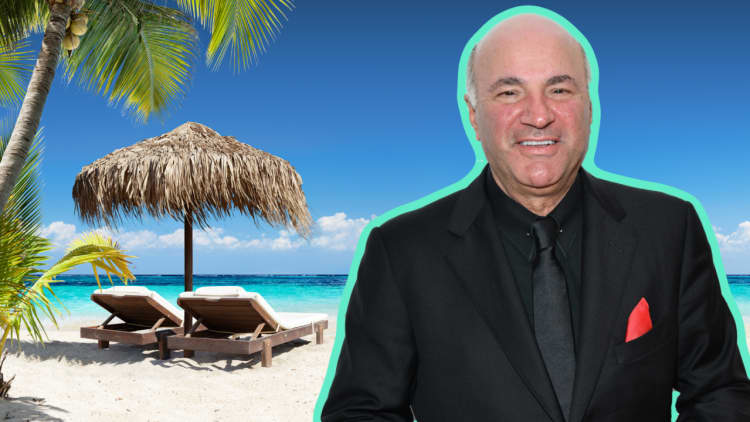How many times have you returned from a long vacation in need of more time off to recover from said vacation? It's a sentiment you've likely heard — or uttered yourself — at some point this summer.
Taking time off has its proven benefits — from boosting creativity to higher productivity to improved health — that even better lifestyle habits don't bring about. But returning to the office to find hundreds of unread emails, a pile of calendar invites and looming deadlines can make the prospect of setting that week-long out of office message more stressful.
That's a main reason why 87% of Americans feel a three-day weekend trip is more conducive to stress-relief than an extended vacation, according to a survey from Cornerstone.
The talent management software provider polled 1,000 workers and found the overwhelming majority preferred taking a micro-trip in order to relax and return to work stress-free. Curbing catch-up time after a short break is a major reason why — more than half of respondents said they regularly work longer hours after returning from vacation.
And with just over one in four Americans saying they plan to skip summer vacations this year according to a survey from Bankrate earlier this spring, a shorter getaway may be the ticket to taking advantage of paid time-off — because not using your allotted days is the same as leaving money on the table. According to the U.S. Travel Association's Project: Time Off report, Americans forfeited a collective 212 million vacation days in 2017, equivalent to $62.2 billion in lost benefits.
A shorter vacation can be easier to plan, budget for, and recover from. Here's how to make a short vacation worthwhile:
Consider the micro-trip
Embrace the balance of a mini-work break . Maximize a long weekend away by traveling after work on a Thursday or Friday and returning by Sunday or Monday afternoon. You'll give yourself enough time to wrap up outstanding projects before the end of the week; plus, you'll have time the evening of your return to ramp up for the new week ahead.
For a weekend trip that'll leave you restored, consider one of the best places to vacation across America, according to U.S. News & World Report's annual ranking. (Hint: Get ready to get outdoorsy.)
Be a tourist in your own city
Hate planning travel, or don't want to spend a fortune? Enter the staycation. Beat the crowds at the beach on Friday morning, enjoy the whole museum to yourself on a Monday afternoon, or make a plan to try a new restaurant for every meal during your extended weekend. Where you save on travel and accommodations, allow yourself a few splurges on food and entertainment like you would if you were vacationing anywhere else.
Prepare ahead of time
According to a LinkedIn report, many workers cite having too much work (38%) or not having someone to fill in for them (28%) as reasons why they didn't take all of their vacation time last year.
Get ahead of it by discussing time-off plans with your manager early on. Front-load your week to finish or schedule what you can, establish clarity around who will handle what in your absence, and have a solid plan to catch up on work when you return. This could mean blocking out half of the day to work through your inbox uninterrupted, or you might schedule short meetings with team members in the afternoon to address urgent matters more directly.
Fully unplug
With a short trip, you'll hopefully feel less pressure to check in with work email or Slack messages. Keep temptation at bay by turning off notifications, logging out or uninstalling work apps from your phone for the duration of your mini-getaway. And don't even think about bringing your work laptop with you.
Make it a habit
While vacations are shown to have an immediate positive impact on workers' well-being and performance, those benefits can be short-lived, says a survey from the American Psychological Association. Nearly a quarter of workers reported that the positive effects of vacation time disappeared immediately upon returning to the office, and 40% said the high lasted only a few days.
The beauty of a short trip is that you can better spread your vacation bank throughout the year — even more reason to give it a few tries and find the right out-of-office routine for you.
Like this story? Subscribe to CNBC Make It on YouTube!
Don't miss: How to score cheap flights for holiday weekends in 2019



